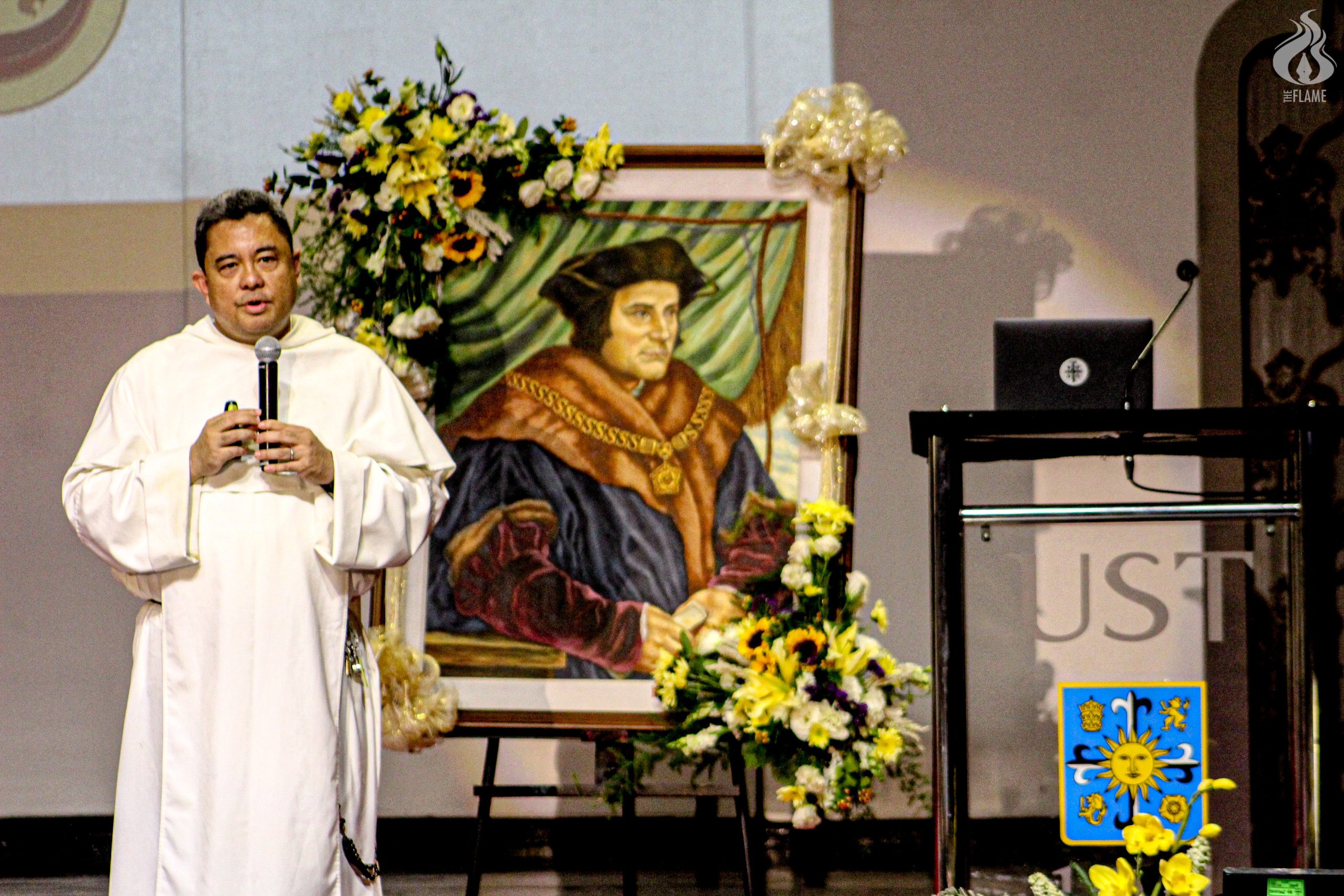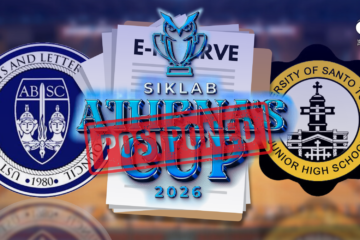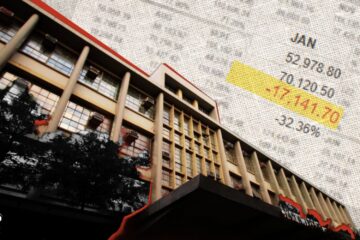
FILIPINO VALUES and norms like ‘pakikisama,’ ‘hiya’ and ‘utang na loob’ may lead to corruption if practiced without moderation, a Dominican priest and scientist has warned.
Fr. Nicanor Austriaco, O.P, a professor of sacred theology and biological sciences and a fellow of the UST Research Center for Natural and Applied Sciences, said the cherished Filipino values can be a double-edged sword because they can be used for both good and evil acts.
“If they are not properly regulated, the force of these psychological inclinations can be very powerful in a way that nudges the Filipino into an area of corruption that he or she may not want to do,” he said during the 55th St. Thomas More lecture held on Wednesday, March 22.
Instead of blaming the system, people should look within themselves, Austriaco said, arguing that lack of moral integrity is the root of corruption.
“A lot of people, from what I understand, seem to blame the system for corruption. What I am trying to highlight here is that it’s not just the system – it’s the people. The people have to come to understand what it means to live a life of moral integrity,” he added.
Austriaco cited the need for people to understand what it means to live a life of “moral integrity,” which he described as being honest, fair, and just. He also highlighted the importance of prudence, a virtue that guides people when making decisions.
“Prudence can be mistaken for weakness, but over time prudence often reveals itself to be wisdom. It takes time,” the Dominican priest said.
Austriaco encouraged Thomasians to live a life like St. Thomas More by putting God ahead of everything, even of one’s family.
Austriaco’s lecture titled ‘Living a Life of Moral Integrity in a Culture of Corruption” was held at the Medicine Auditorium in San Martin De Porres Building and was attended by faculty members and students of the Faculty of Arts & Letters (AB).
The annual lecture is held in honor of St. Thomas More, the patron saint of AB, lawyers, statesmen, civil servants, and philosophers. More was England’s Lord High Chancellor during the reign of King Henry VIII from 1529 to 1532. He was charged with treason and was beheaded for refusing to recognize the king as the head of the Church of England. F – S. L Macaraeg and A.S. Lim



